Home>diy>Building & Construction>What Do You Need To Be A Construction Worker
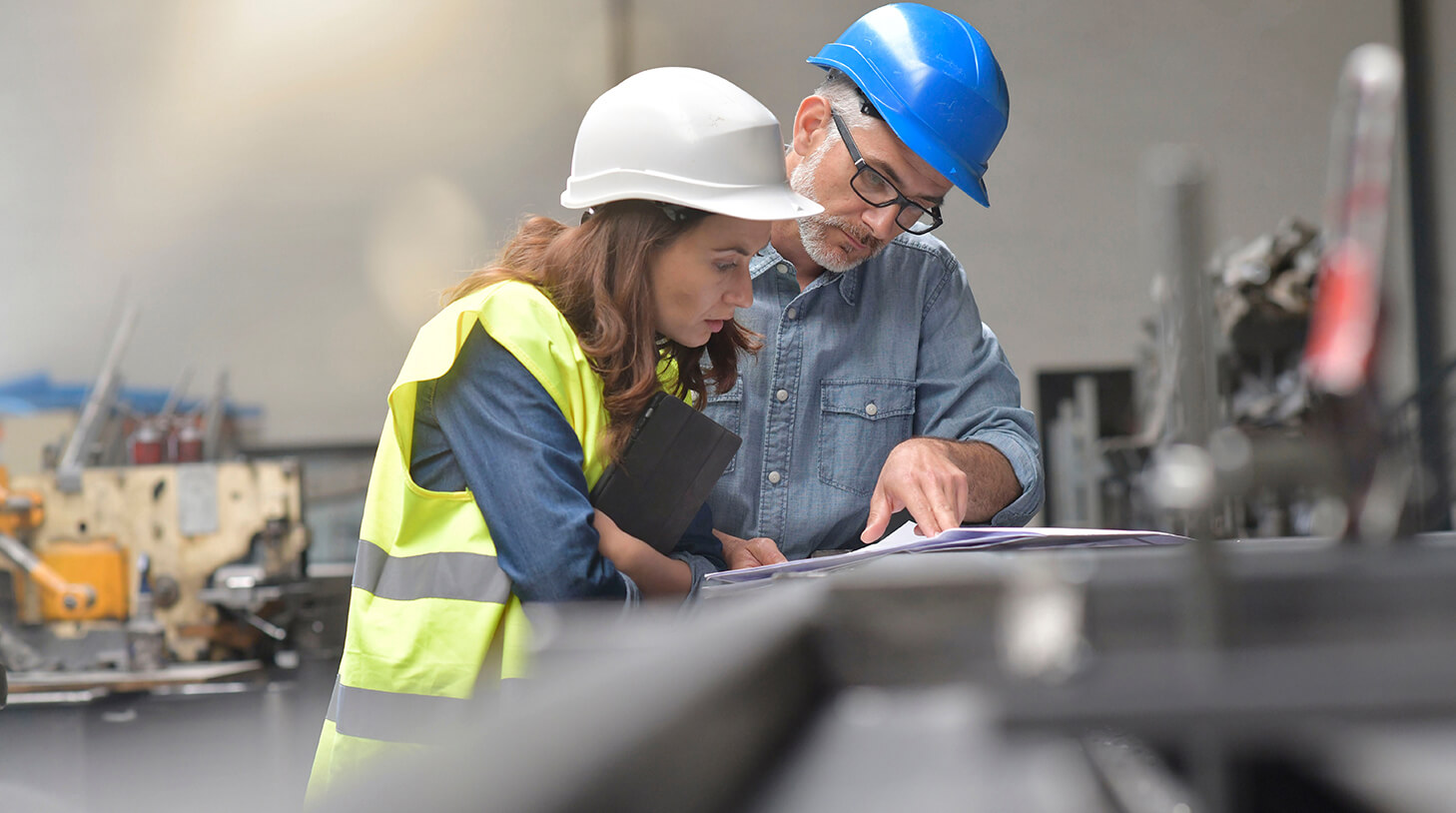

Building & Construction
What Do You Need To Be A Construction Worker
Modified: January 9, 2024
Discover what it takes to become a construction worker in the building construction industry. Gain the skills and knowledge needed for a successful career in this rewarding field.
(Many of the links in this article redirect to a specific reviewed product. Your purchase of these products through affiliate links helps to generate commission for Storables.com, at no extra cost. Learn more)
Introduction
Welcome to the world of construction! If you are considering a career as a construction worker, you’ve come to the right place. Construction workers play a crucial role in building our cities, homes, and infrastructure. They are the backbone of the construction industry, working diligently to turn architectural plans into reality.
Being a construction worker requires a unique set of skills, qualifications, and dedication. In this article, we will explore what it takes to become a construction worker and excel in this field. Whether you are just starting your journey into the construction industry or looking to enhance your existing skills, this guide will provide you with valuable information.
Being a construction worker is more than just swinging a hammer or operating heavy machinery. It involves a combination of physical fitness, technical proficiency, safety training, and teamwork. Let’s dive into the key aspects that make a successful construction worker.
As a construction worker, you will be required to work in various construction sites, including commercial, residential, and industrial projects. Your role can vary from site preparation and demolition to carpentry, masonry, electrical work, plumbing, and more. Each project comes with its own set of challenges and requirements, making adaptability and versatility essential qualities in this field.
Furthermore, the construction industry is constantly evolving with advancements in technology, building materials, and techniques. Construction workers need to stay updated with the latest industry trends and regulations to ensure quality craftsmanship and safety on the job site.
In the following sections, we will discuss the qualifications, skills, and training needed to become a construction worker. By understanding the requirements of the profession and investing in your development, you can pave the way for a successful and fulfilling career in construction.
Key Takeaways:
- Construction workers need a blend of technical skills, physical fitness, and strong problem-solving abilities. Continuous learning, hands-on experience, and teamwork are crucial for success in this dynamic field.
- Qualifications such as NCCER and OSHA certifications, along with effective communication and collaboration, are essential for construction workers. Embracing safety training and staying updated with industry trends are key to excelling in construction.
Qualifications and Education
To become a construction worker, there are no strict educational requirements. However, acquiring a high school diploma or equivalent is highly recommended. A solid foundation in subjects such as math, science, and technology can provide you with a strong academic background that will be beneficial in the construction field.
In addition to formal education, there are several certifications and training programs available that can enhance your employability and broaden your knowledge. One such program is the National Center for Construction Education and Research (NCCER) certification. This certification validates your skills and knowledge in various construction trades and is recognized by many employers in the industry.
Another valuable qualification is obtaining an OSHA (Occupational Safety and Health Administration) certification. This certification demonstrates your understanding of safety regulations and procedures, which is of utmost importance in the construction industry. It showcases your commitment to maintaining a safe and secure work environment for yourself and your fellow workers.
While formal education and certifications are valuable, hands-on experience is equally important in the construction industry. Many construction workers start their careers as apprentices or helpers, gaining practical experience through on-the-job training. These entry-level positions allow you to learn from experienced workers and develop essential skills required for success in the field.
Furthermore, seeking additional education and training in specialized areas of construction, such as electrical work, plumbing, carpentry, or HVAC (heating, ventilation, and air conditioning), can open up more opportunities for advancement and higher-paying positions.
Continuous learning is crucial in the construction industry to stay updated on new technologies, materials, and building codes. Employers often provide training programs and workshops to ensure their workers remain knowledgeable and skilled. Taking advantage of these opportunities can help you stay competitive and improve your chances of career advancement.
In summary, while a formal education is not mandatory, obtaining a high school diploma and pursuing relevant certifications and training programs can greatly benefit your career as a construction worker. Additionally, gaining hands-on experience through apprenticeships and continuously updating your skills through further education will make you a highly competitive candidate in the construction industry.
Physical Fitness and Strength
Being a construction worker requires a high level of physical fitness and strength. The nature of the job often involves manual labor, lifting heavy objects, and performing physically demanding tasks for extended periods.
Construction workers need to have good overall fitness to handle the physical demands of the job. This includes cardiovascular endurance, muscular strength, and flexibility. Engaging in regular exercise, such as weight training, cardiovascular workouts, and stretching, can help maintain and improve your physical fitness levels.
In addition to general fitness, specific areas of physical strength are crucial for construction workers. This includes upper body strength, which is essential for tasks such as carrying heavy materials, using hand tools, and operating machinery. Lower body strength is also important for activities like climbing ladders, working on scaffolding, and maneuvering on uneven terrain.
It’s important to maintain proper body mechanics and use proper lifting techniques to prevent injuries. This includes bending at the knees, lifting with the legs, and avoiding twisting motions while carrying heavy objects. Building core strength through exercises like planks and squats can also help support your spine and prevent strain.
Moreover, construction sites can be physically demanding environments, often involving long hours of work in various weather conditions. Having the endurance and stamina to work consistently throughout the day is essential. Regular exercise and maintaining a healthy lifestyle by getting enough rest, eating a balanced diet, and staying hydrated can contribute to your physical performance on the job.
While physical fitness and strength are important, it’s equally crucial to listen to your body and take breaks as needed. Overexertion and fatigue can lead to accidents and injuries. Proper rest and recovery time are essential for maintaining your physical well-being and preventing burnout.
Overall, physical fitness and strength are key attributes for a construction worker. Maintaining a healthy lifestyle, engaging in regular exercise, and using proper lifting techniques are essential for performing the physically demanding tasks associated with the construction industry.
Technical Skills
In addition to physical fitness, construction workers must possess a range of technical skills to excel in their field. These skills encompass a wide range of disciplines and may vary depending on specific job roles within the construction industry.
One of the fundamental technical skills required for construction workers is the ability to read and interpret blueprints and construction plans. This skill is essential for understanding the layout, dimensions, and specifications of a project. Construction workers must be able to understand the drawings and follow instructions accurately, ensuring that the structure is built according to the design.
Proficiency in using hand tools and power tools is also crucial for construction workers. They must be skilled in operating tools such as hammers, saws, drills, and levels, among others. Understanding how to use these tools safely and effectively is essential for performing tasks such as cutting materials, drilling holes, and installing fixtures.
In addition to basic hand tools, construction workers may also need to operate heavy machinery and equipment. This includes forklifts, excavators, bulldozers, and cranes, among others. Proper training and knowledge of how to operate these machines safely and efficiently are critical to prevent accidents and ensure the smooth progress of the project.
Basic knowledge of construction materials and their usage is another important technical skill for construction workers. Understanding different types of materials such as wood, concrete, steel, and insulation allows workers to select the appropriate materials and use them correctly for each task.
Construction workers should also have knowledge of different construction techniques and methods. This includes skills such as framing, concrete pouring and finishing, drywall installation, and electrical wiring. The ability to perform these tasks accurately and efficiently contributes to the overall quality and success of the construction project.
As technology continues to advance, construction workers must also possess basic computer skills. This includes proficiency in using construction-related software, such as project management tools, drafting software, and cost estimation programs. Being able to navigate these technologies enables workers to collaborate effectively, track progress, and communicate with other team members.
Continued learning and staying up-to-date with the latest industry trends and advancements is essential for construction workers. Attending workshops, seminars, and trade shows can provide opportunities to enhance technical skills and expand knowledge in specific areas of construction.
In summary, construction workers must possess a range of technical skills in areas such as blueprint reading, tool operation, machinery operation, construction materials, construction techniques, and computer proficiency. Constantly updating and expanding these technical skills allows workers to perform their tasks efficiently and contribute to the successful completion of construction projects.
Safety Training
Ensuring the safety of construction workers is of utmost importance in the construction industry. With the inherent risks and hazards present on a construction site, it is crucial for workers to undergo comprehensive safety training.
One of the most important aspects of safety training is understanding and adhering to Occupational Safety and Health Administration (OSHA) regulations. OSHA sets guidelines and standards to ensure the health and safety of workers in various industries, including construction. Construction workers must receive proper training on OSHA regulations and how to implement safety practices in their daily work.
Some of the key safety training topics for construction workers include:
- Personal Protective Equipment (PPE): Workers must be trained on the importance of wearing and properly using the necessary PPE, such as hard hats, safety goggles, gloves, protective clothing, and steel-toed boots. Understanding when and how to use these equipment can prevent injuries on the job.
- Fall Protection: Falls are a leading cause of injuries in the construction industry. Workers need to receive training on fall protection systems, including how to properly use harnesses, guardrails, and safety nets. They must also be aware of the potential fall hazards and how to mitigate them.
- Scaffold Safety: Scaffold accidents can be deadly if not properly managed. Construction workers should be trained on how to assemble, use, and dismantle scaffolding safely. They must also understand the load capacity, inspection procedures, and protective measures when working on scaffolds.
- Hazardous Material Handling: Construction sites often involve handling hazardous materials, such as chemicals, asbestos, and lead. Workers must be trained on the safe handling, storage, and disposal of these materials to minimize the risk of exposure.
- Electrical Safety: Construction workers may come into contact with electrical systems and equipment. It is vital to receive training on electrical safety, including the proper use of circuit breakers, grounding, and proper handling of electrical tools and wiring.
- Emergency Preparedness: Construction sites can face emergencies such as fires, accidents, or natural disasters. Workers must receive training on evacuation procedures, first aid, and how to respond effectively in emergency situations.
Employers are responsible for providing safety training to their workers and ensuring that safety protocols are followed on construction sites. Regular safety meetings, toolbox talks, and safety assessments can help reinforce the importance of safety and keep workers informed about potential hazards.
Ultimately, safety training is essential to protect the well-being of construction workers. By equipping workers with the knowledge and skills to identify and mitigate hazards, we can create a safer work environment for everyone in the construction industry.
Equipment Operation
Operating heavy machinery and equipment is a vital aspect of many construction projects. Construction workers must possess the necessary skills and knowledge to safely and efficiently operate various types of equipment commonly used in the industry.
Some of the equipment that construction workers may need to operate include:
- Excavators: Excavators are used for digging and moving large amounts of earth, rocks, and debris. Operators must be adept at maneuvering the excavator’s arm and bucket to perform tasks such as excavation, trenching, and grading.
- Bulldozers: Bulldozers are powerful machines equipped with a large, wide blade in front. They are used for pushing and clearing debris, leveling surfaces, and preparing the site for construction. Skilled operators have a strong understanding of the machine’s controls and can navigate the bulldozer with precision.
- Forklifts: Forklifts are commonly used to lift and move heavy materials, equipment, and pallets. Construction workers who operate forklifts must be certified and trained on proper load handling, maneuvering, and safety practices to prevent accidents and injuries.
- Crane Operations: Cranes are used to lift and move heavy objects, such as steel beams or prefabricated components. Operating a crane requires specialized training and certification. Crane operators must have a thorough understanding of load capacity, signaling, rigging, and maintaining stability during lifting operations.
- Concrete Pumping Equipment: Construction workers involved in concrete work may need to operate concrete pumping equipment. This requires knowledge of the equipment’s controls, maintaining proper concrete flow and pressure, and understanding concrete mixtures and delivery methods.
- Power Tools: Construction workers also need proficiency in operating various power tools, such as drills, saws, sanders, and grinders. They must understand the correct usage, safety precautions, and maintenance of these tools.
Proper training and certification are crucial for construction workers operating equipment. Employers often provide on-the-job training and require workers to complete equipment-specific certifications to ensure their competence and safety.
Operating heavy machinery and equipment comes with inherent risks. Construction workers must adhere to safety guidelines, conduct proper inspections, and follow manufacturer’s instructions. Regular maintenance, routine equipment checks, and thorough understanding of safety procedures are essential for safe operation.
Effective communication and coordination with other workers on the construction site are also critical during equipment operations. Operators need to be aware of their surroundings, alert others about their presence and movements, and maintain clear lines of communication to prevent accidents.
By possessing the skills and knowledge to operate equipment safely and effectively, construction workers contribute to the smooth progress of construction projects and ensure the safety of themselves and their colleagues.
Tip: To become a construction worker, you will need a high school diploma or equivalent, on-the-job training, and possibly a certification or license depending on your specific trade or location. Consider joining a trade school or apprenticeship program to gain the necessary skills and experience.
Work Experience
Work experience is a valuable asset for construction workers, as it allows them to apply their skills and knowledge in real-world construction projects. Having practical experience not only enhances proficiency in various tasks but also demonstrates reliability, adaptability, and the ability to work effectively as part of a team.
Many construction workers start their careers as apprentices or helpers, working alongside experienced professionals to gain hands-on experience. Apprenticeship programs provide a structured learning environment where individuals can learn the ins and outs of the construction industry and develop specific skills in a particular trade.
During work experience, construction workers have the opportunity to refine their technical skills, such as using tools and equipment, performing construction tasks, and understanding project requirements. They can observe and learn from experienced workers, understanding best practices, and gaining knowledge of different construction techniques and methods.
Work experience also exposes construction workers to the realities and challenges of the industry, such as working outdoors in various weather conditions, dealing with tight deadlines, and adapting to unexpected changes on the job site. This experience helps build resilience and problem-solving abilities essential for success in the construction field.
As construction workers gain more experience, they may take on additional responsibilities and have the opportunity to specialize in specific trades or areas of expertise. This allows them to enhance their skills and expand their career options.
Employers value work experience when considering candidates for construction positions. Experienced workers bring practical knowledge, efficiency, and the ability to work independently. They also have a better understanding of safety protocols and can contribute to maintaining a safe work environment.
Work experience can be further enhanced by participating in different types of construction projects, such as residential, commercial, or industrial. Each project presents unique challenges and offers opportunities to develop new skills and expand knowledge in various aspects of construction.
Construction workers should document their work experience, including the projects they have worked on, the tasks they have performed, and any additional responsibilities they have taken on. This record can be valuable when applying for future positions and demonstrating their capabilities to potential employers.
In summary, work experience is an important aspect of a construction worker’s career. It provides the opportunity to apply and develop skills, learn from experienced workers, and navigate the challenges of the construction industry. Having a solid work experience background enhances employability and opens doors to advanced career opportunities in the construction field.
Communication Skills
Effective communication is vital for construction workers to ensure smooth collaboration, efficient work processes, and a safe work environment. Strong communication skills enable construction workers to convey information clearly, understand instructions, and work effectively as part of a team.
Construction projects involve multiple stakeholders, including architects, engineers, project managers, subcontractors, and fellow construction workers. Clear and concise communication with these individuals is essential to ensure that everyone is on the same page, tasks are completed accurately, and deadlines are met.
One aspect of communication skills is the ability to actively listen. Construction workers need to listen carefully to instructions, project details, and safety guidelines. By actively listening, they can clarify any uncertainties, seek additional information when needed, and avoid misunderstandings that can lead to errors or accidents.
Construction workers must also be able to effectively express their ideas, concerns, and questions. This includes providing updates on progress, reporting any issues or concerns related to the project, and seeking clarification when necessary. Clear and open communication contributes to a more efficient workflow and fosters a collaborative work environment.
Written communication skills are also important in the construction industry. Construction workers may need to document daily progress reports, fill out work orders, read and understand project specifications, and write emails or memos. Having strong writing skills helps ensure accurate and effective communication through written documents.
Furthermore, construction workers often work in teams and must be able to communicate with their colleagues effectively. This involves being able to collaborate, share information, and coordinate tasks seamlessly. Strong teamwork and communication skills lead to improved efficiency, productivity, and the successful completion of projects.
Effective communication also extends to interacting with clients and members of the public. Construction workers may come into contact with homeowners, business owners, or pedestrians near the construction site. Being able to communicate politely, address concerns, and provide information in a courteous and professional manner helps maintain positive relationships and community goodwill.
Continuous improvement of communication skills is essential for construction workers. This can be done through professional development opportunities, such as workshops on effective communication or attending courses on public speaking. Additionally, seeking feedback from supervisors or colleagues can help identify areas for improvement and further enhance communication skills.
In summary, strong communication skills are crucial for construction workers to effectively convey information, collaborate with team members, and ensure the smooth progress of construction projects. By honing these skills, construction workers can contribute to a positive work environment and successful project outcomes.
Teamwork and Collaboration
Teamwork and collaboration are essential for construction workers to successfully complete projects and achieve shared goals. Construction projects involve a multitude of tasks that require coordination, cooperation, and effective communication between team members.
One of the key aspects of teamwork in construction is the ability to work well with others. Construction workers must be able to collaborate with architects, engineers, project managers, subcontractors, and fellow construction workers. This includes sharing ideas, information, and resources to ensure the project progresses smoothly.
Teamwork in construction involves understanding and respecting the roles and responsibilities of each team member. Every individual contributes to the overall success of the project, and construction workers need to understand how their work fits into the bigger picture. This enables them to align their efforts and make informed decisions that benefit the entire team.
Effective communication is crucial for teamwork and collaboration in construction. Construction workers must be able to express their ideas, listen actively to others, and communicate effectively to ensure everyone is on the same page. Clear and open communication prevents misunderstandings, reduces errors, and promotes a harmonious work environment.
Construction projects often require problem-solving and decision-making as a team. Difficulties or unexpected challenges may arise during the construction process, and construction workers need to work together to find solutions. Collaborative problem-solving allows for diverse perspectives and expertise to be utilized, leading to more innovative and effective solutions.
Successful teamwork in construction also involves supporting and assisting fellow team members. Construction workers must be willing to lend a helping hand, share knowledge and skills, and offer guidance when needed. By fostering a supportive environment, teamwork thrives, and individuals can grow and learn from one another.
Building trust within the team is essential for effective collaboration. Construction workers need to trust their colleagues to do their work competently and rely on them for support and assistance. Trust creates a positive work environment and encourages cooperation and open communication.
Regular team meetings and debriefings can provide opportunities to assess progress, discuss challenges, and adjust strategies if necessary. These meetings keep everyone informed, allow for the exchange of ideas, and ensure the project stays on track.
Developing teamwork and collaboration skills can be achieved through team-building activities, workshops, and training programs. These opportunities allow construction workers to enhance their communication, problem-solving, and interpersonal skills, fostering a strong sense of camaraderie and teamwork.
In summary, teamwork and collaboration are crucial for the success of construction projects. By fostering effective communication, problem-solving, and mutual support, construction workers can work together efficiently, overcome challenges, and deliver high-quality construction outcomes.
Read more: What Do You Call A Construction Worker?
Problem-Solving Abilities
Problem-solving is a critical skill for construction workers as they often encounter unexpected challenges and obstacles during the course of a project. The ability to think quickly, analyze situations, and come up with effective solutions is key to ensuring the smooth progress and successful completion of construction projects.
Effective problem-solving begins with identifying and understanding the problem at hand. Construction workers need to be able to recognize when a problem arises and gather all the necessary information to fully comprehend the issue. This may involve consulting project plans, collaborating with team members, or seeking guidance from supervisors or experts.
Once the problem is understood, construction workers must develop creative and practical solutions. This requires the ability to think outside the box and consider various alternatives. Brainstorming with team members, drawing upon previous experiences, and staying up-to-date with industry best practices can help generate innovative ideas.
After evaluating the potential solutions, construction workers must choose the most appropriate course of action. This involves weighing the pros and cons of each option, considering the impact on the overall project, and taking into account any constraints such as time, budget, and resources. Making informed decisions is vital to effectively address the problem.
Implementing the chosen solution requires effective communication and coordination with team members. Construction workers must clearly explain the plan of action, delegate tasks if necessary, and ensure everyone understands their roles and responsibilities. Collaborating closely with others throughout the implementation phase enhances the chances of success.
Once the solution is put into place, construction workers need to monitor and evaluate its effectiveness. This involves regularly assessing the outcome and making any necessary adjustments. If the implemented solution does not yield the desired results, construction workers must be prepared to reassess the problem and develop alternative solutions if needed.
Developing strong problem-solving abilities requires a combination of experience, knowledge, and critical thinking skills. Staying updated with industry trends, participating in training programs, and seeking feedback from colleagues and supervisors are effective ways to enhance problem-solving skills.
Furthermore, a positive attitude, adaptability, and resilience are invaluable traits that aid in overcoming challenges and finding solutions. Construction workers who approach problems with a proactive and solution-oriented mindset contribute to a more efficient and productive work environment.
In summary, problem-solving is an essential skill for construction workers. The ability to identify, analyze, and resolve problems efficiently ensures the successful completion of projects. By continuously honing their problem-solving abilities, construction workers can overcome obstacles and deliver high-quality construction outcomes.
Conclusion
Being a construction worker requires a combination of skills, qualifications, and a dedication to excellence. From physical fitness and technical proficiency to safety training and problem-solving abilities, construction workers play a vital role in transforming architectural plans into tangible structures.
To excel in this field, construction workers must possess a strong foundation of qualifications and education. While a formal education is not mandatory, obtaining a high school diploma and pursuing certifications in areas such as the National Center for Construction Education and Research (NCCER) and Occupational Safety and Health Administration (OSHA) can greatly enhance employability.
Physical fitness and strength are crucial for handling the physically demanding tasks that construction workers often face. Regular exercise, proper body mechanics, and a healthy lifestyle contribute to maintaining optimal physical performance on the job.
Technical skills, including blueprint reading, tool operation, and equipment handling, are essential for construction workers to execute tasks accurately and efficiently. Staying updated with industry advancements and continuously improving technical skills ensures workers can meet the evolving demands of the construction industry.
Safety training is of utmost importance to construction workers. A strong focus on Occupational Safety and Health Administration (OSHA) regulations, personal protective equipment (PPE), and hazard awareness ensures a safe working environment for all construction workers. Implementing safety protocols and maintaining open lines of communication enhances overall project safety.
Construction workers gain valuable experience through hands-on work in apprenticeships and on-the-job training. Work experience allows them to develop their skills, understand the intricacies of the construction industry, and contribute to the successful completion of projects.
Effective communication and teamwork are essential in construction projects involving multiple stakeholders. Strong communication skills foster understanding, collaboration, and problem-solving among team members, subcontractors, and other professionals. By working together harmoniously, construction workers can achieve project goals efficiently.
Lastly, the ability to problem-solve effectively is crucial for handling unexpected challenges that may arise in construction projects. Construction workers who demonstrate critical thinking abilities and creativity in finding appropriate solutions contribute to the overall success of the project.
In conclusion, becoming a construction worker requires a combination of qualifications, technical skills, physical fitness, and dedication to safety and teamwork. By continuously developing these attributes and embracing opportunities for growth, construction workers can forge a successful and fulfilling career in the dynamic and vital field of construction.
Frequently Asked Questions about What Do You Need To Be A Construction Worker
Was this page helpful?
At Storables.com, we guarantee accurate and reliable information. Our content, validated by Expert Board Contributors, is crafted following stringent Editorial Policies. We're committed to providing you with well-researched, expert-backed insights for all your informational needs.
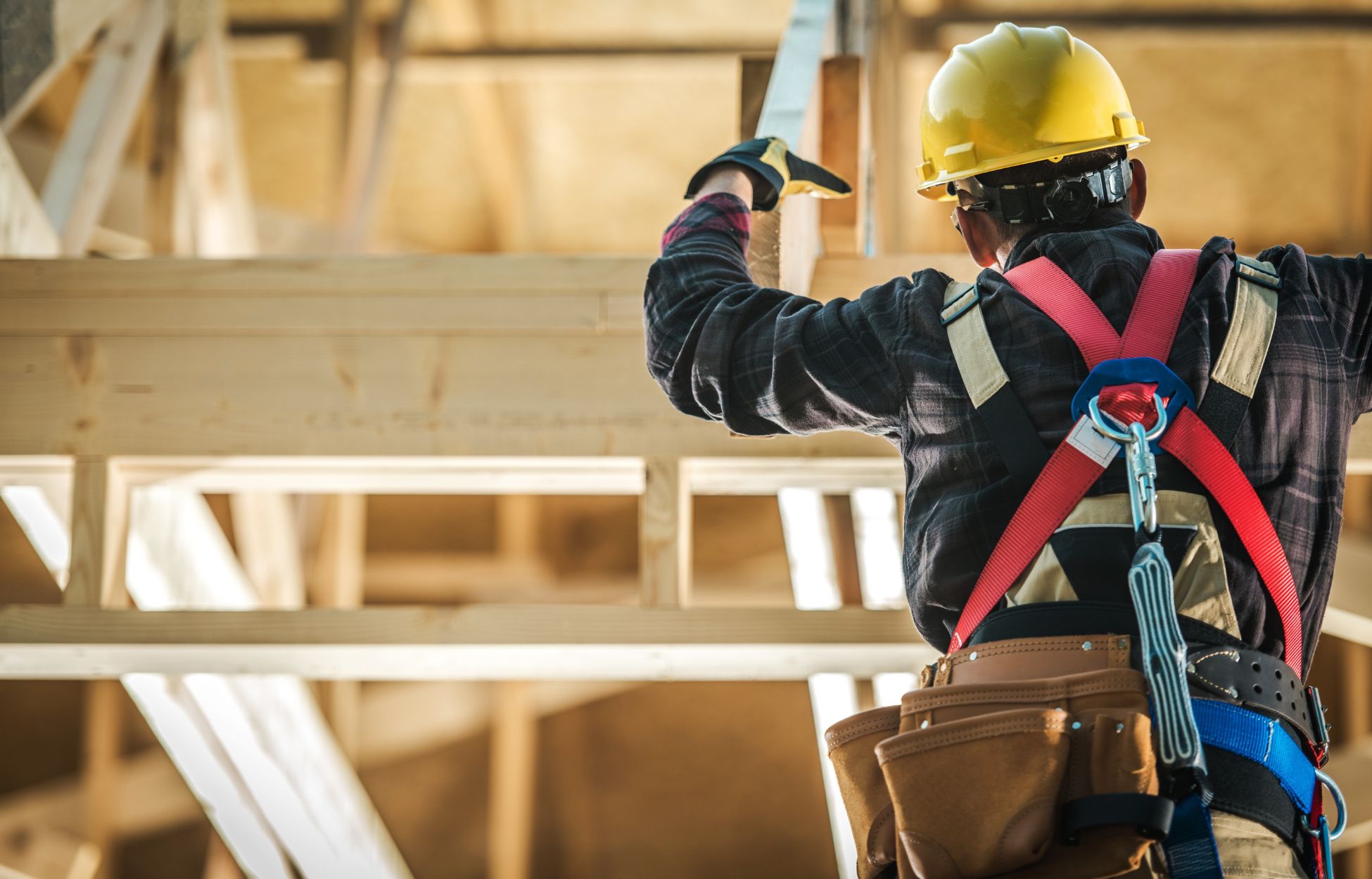
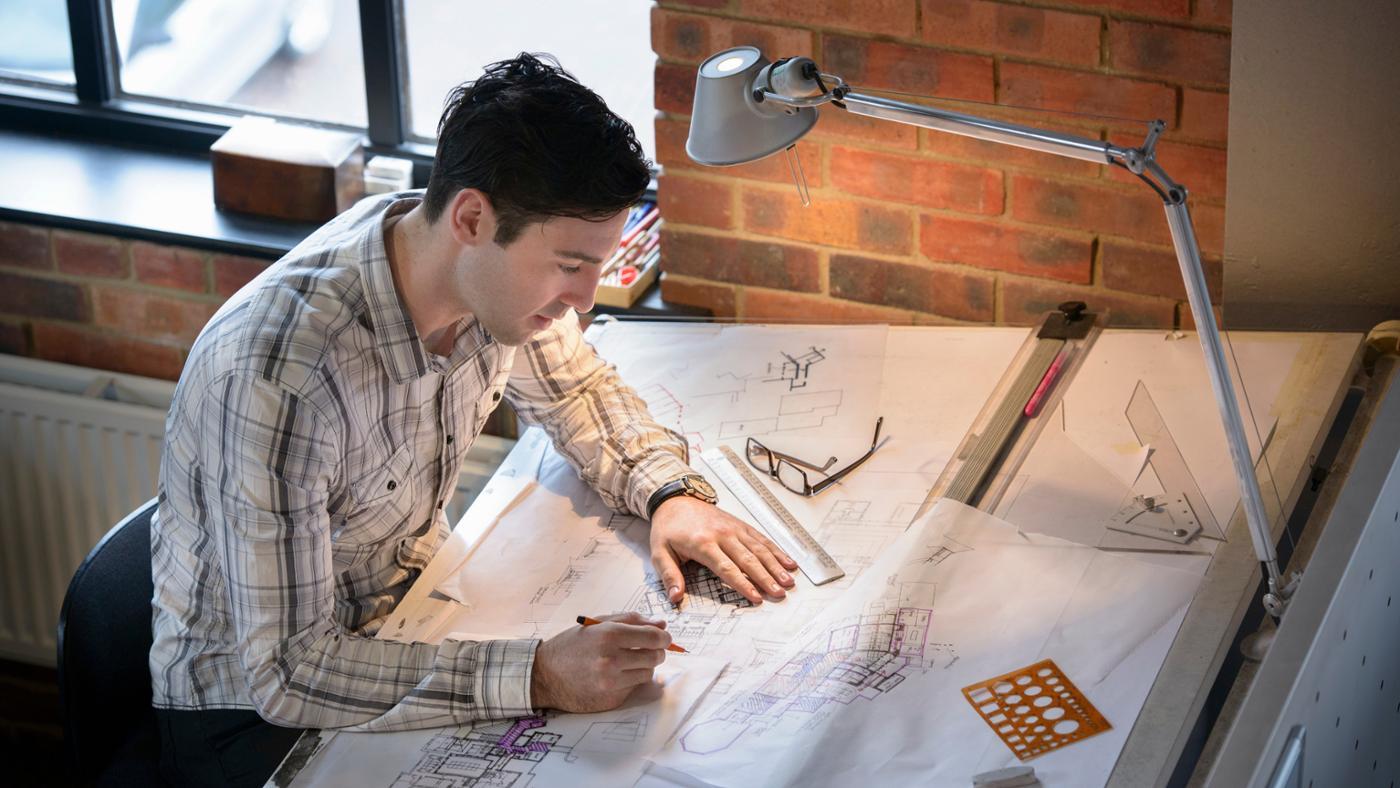
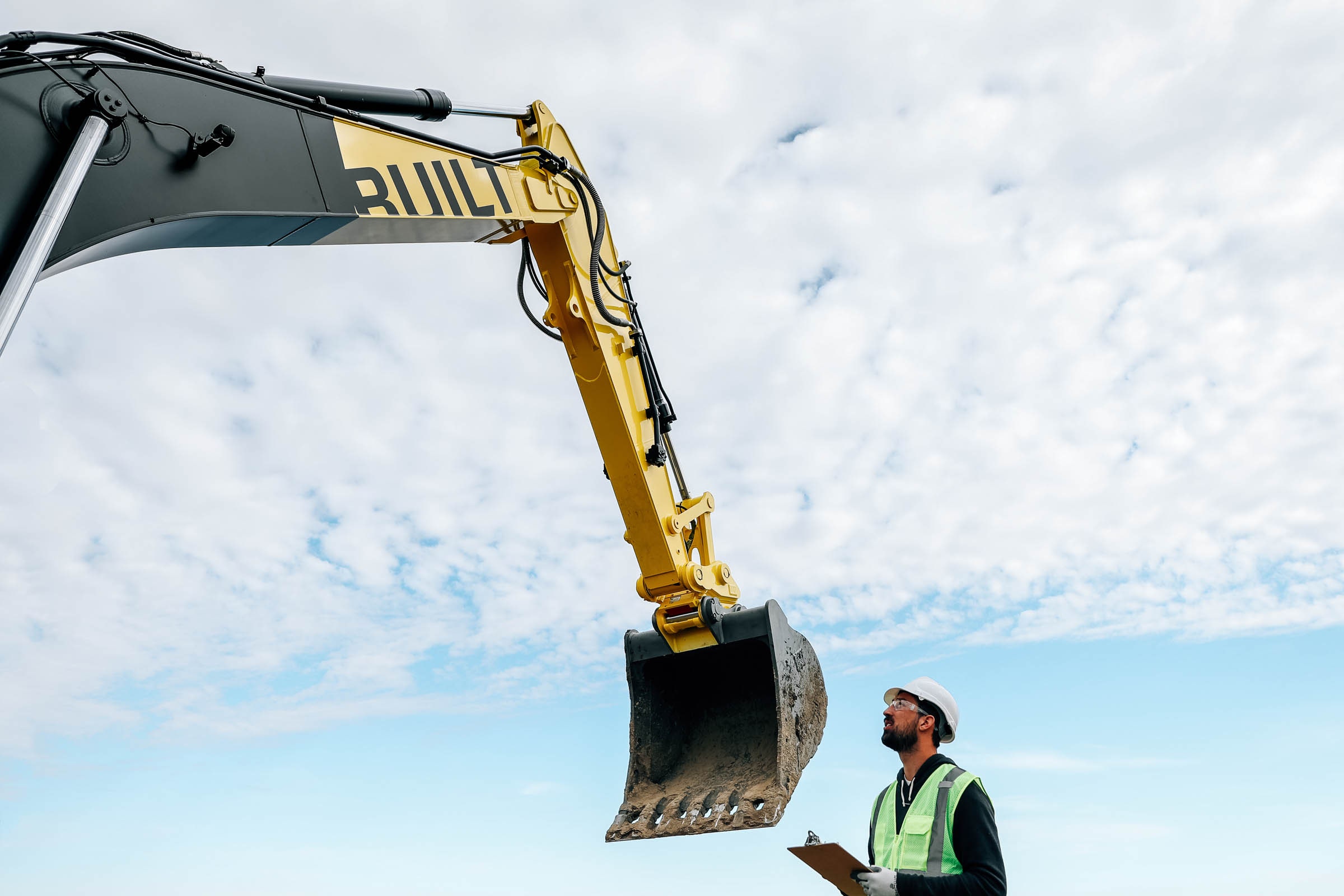
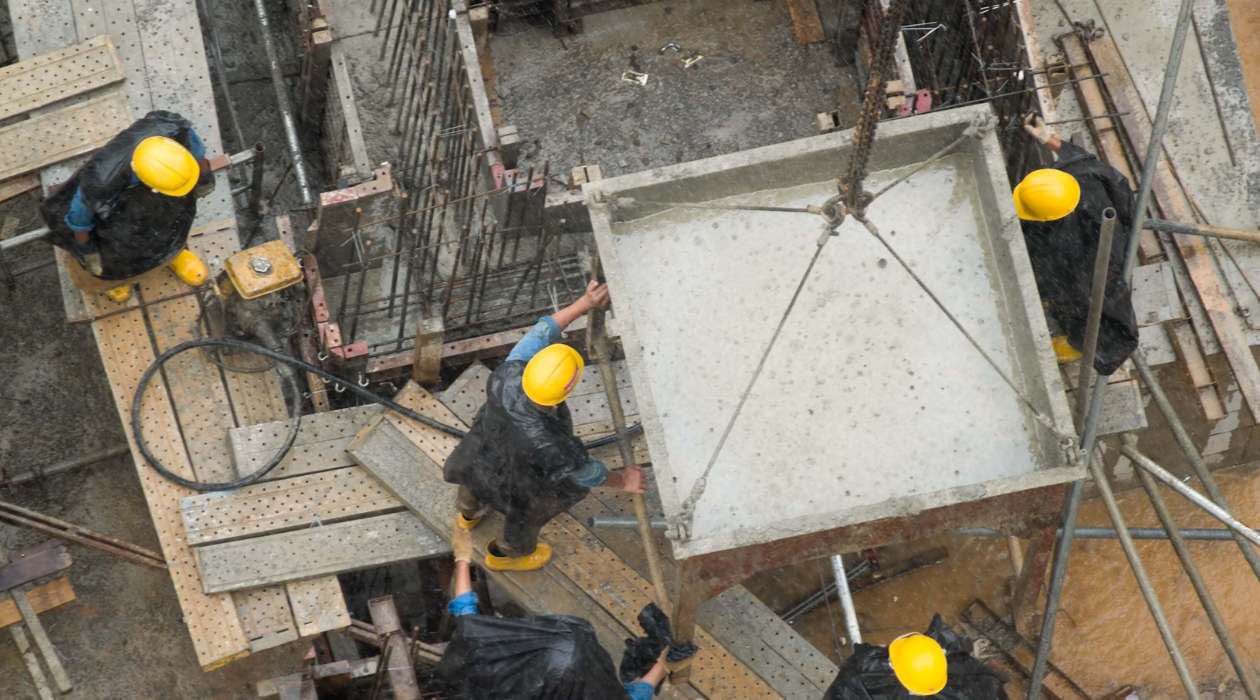
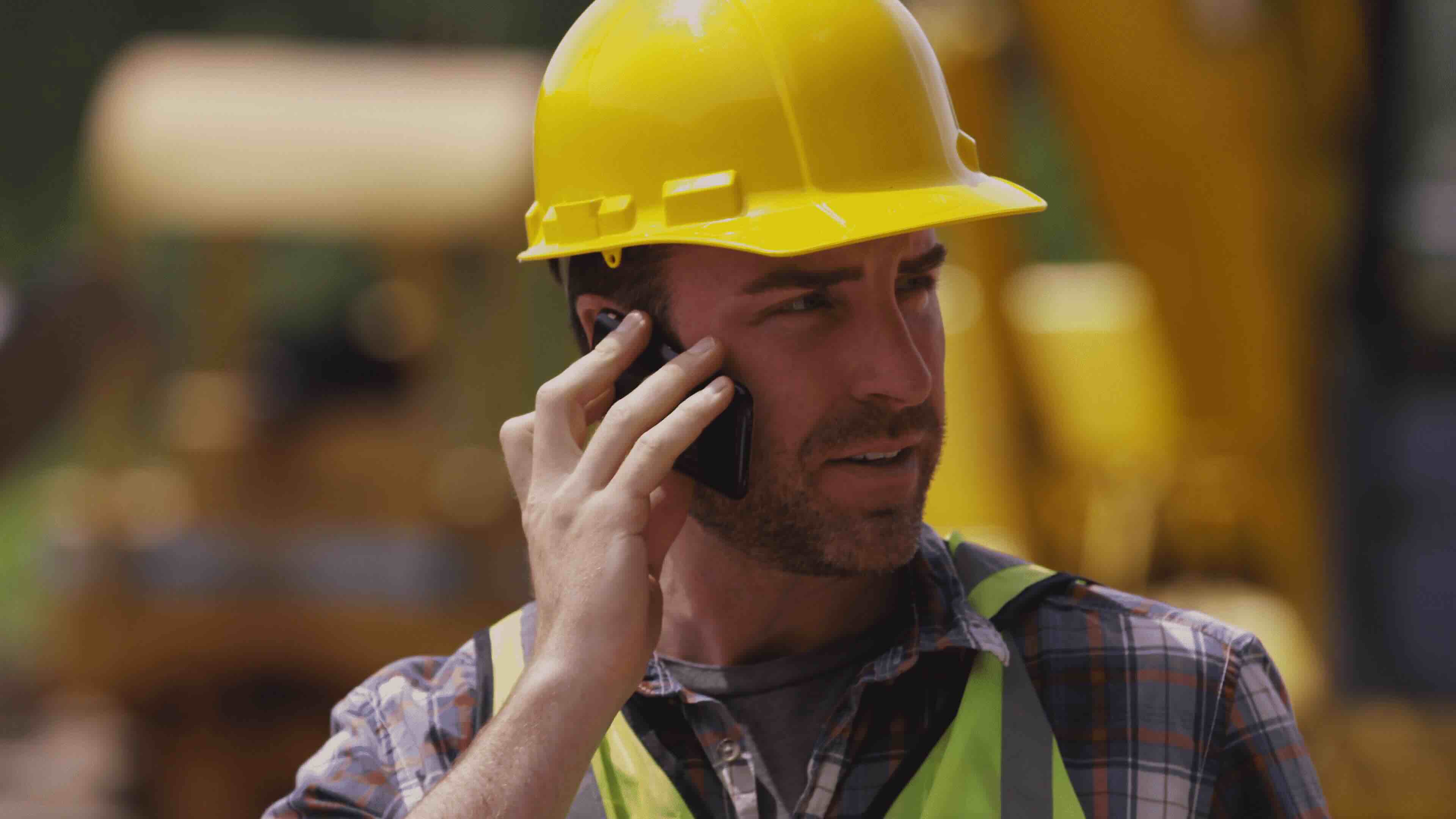
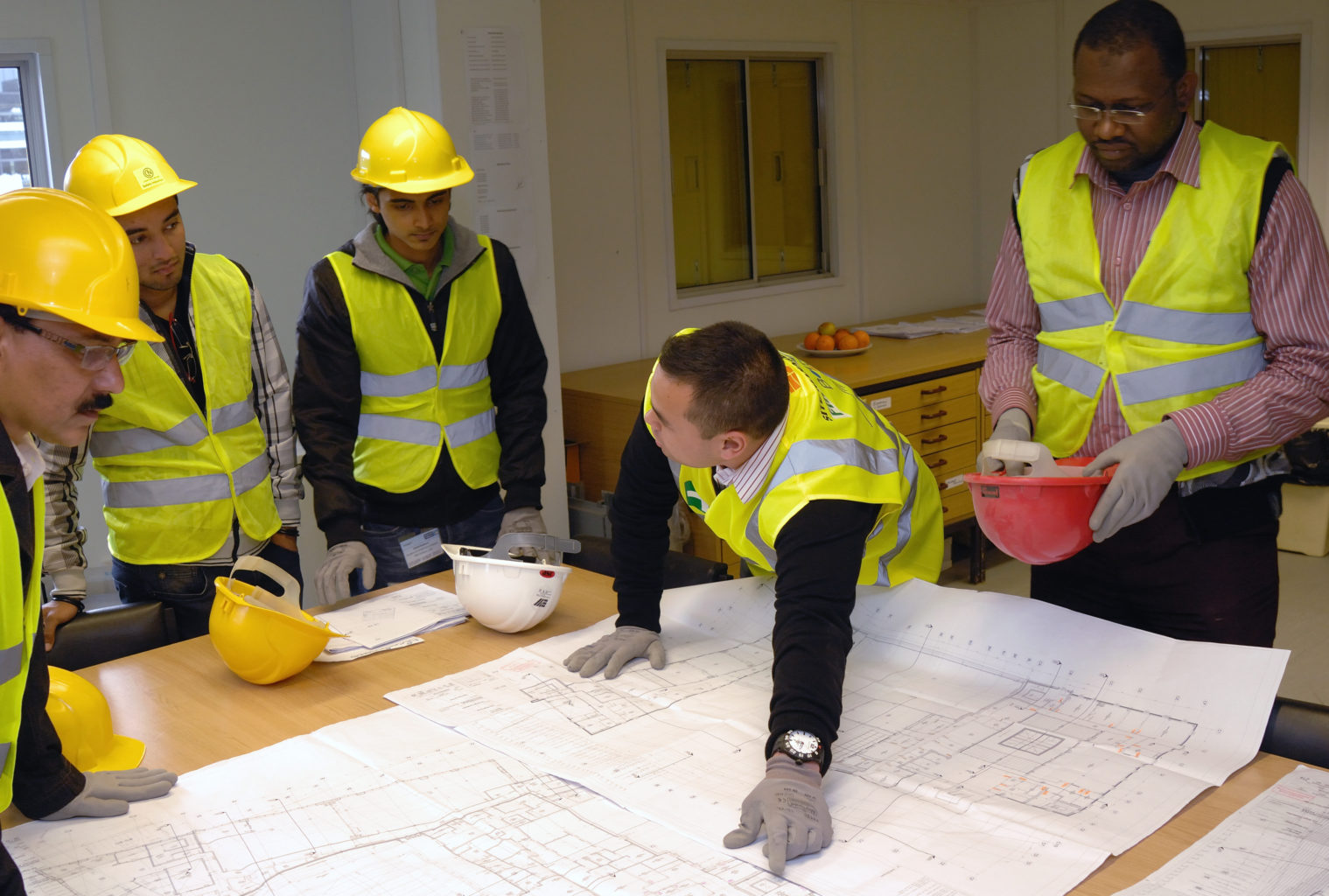
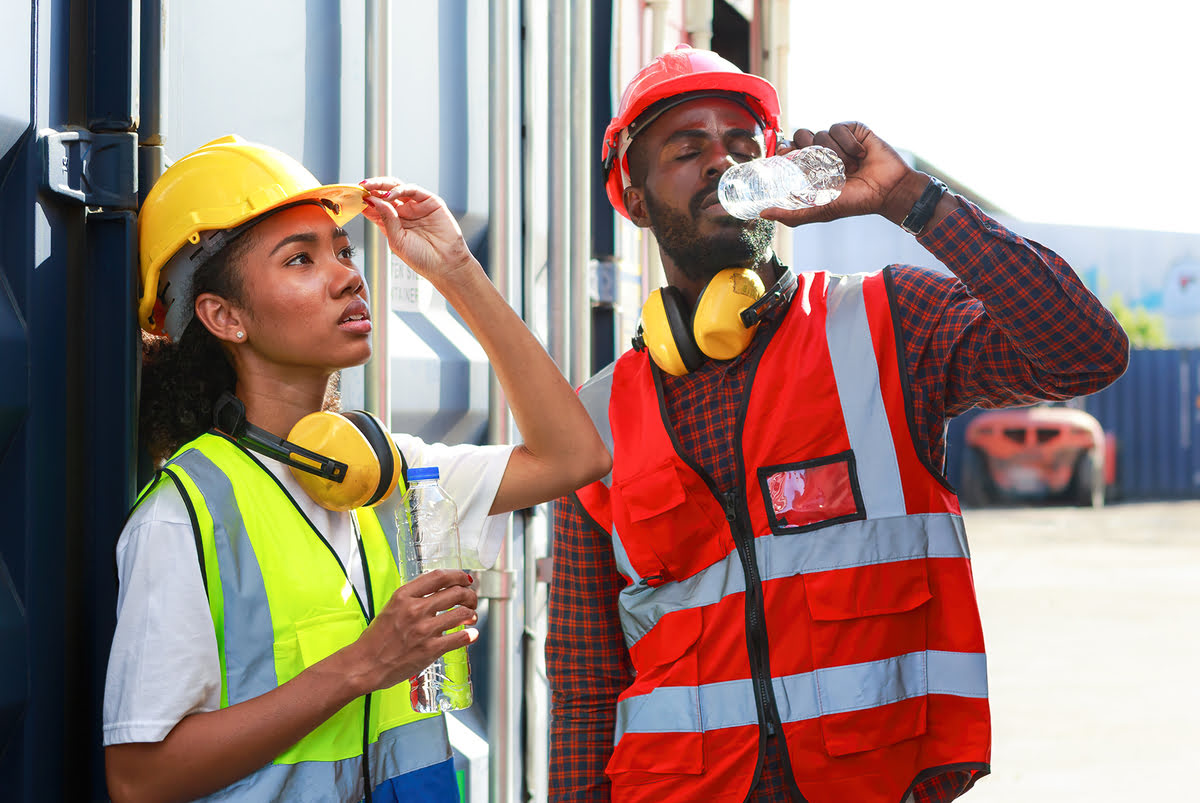


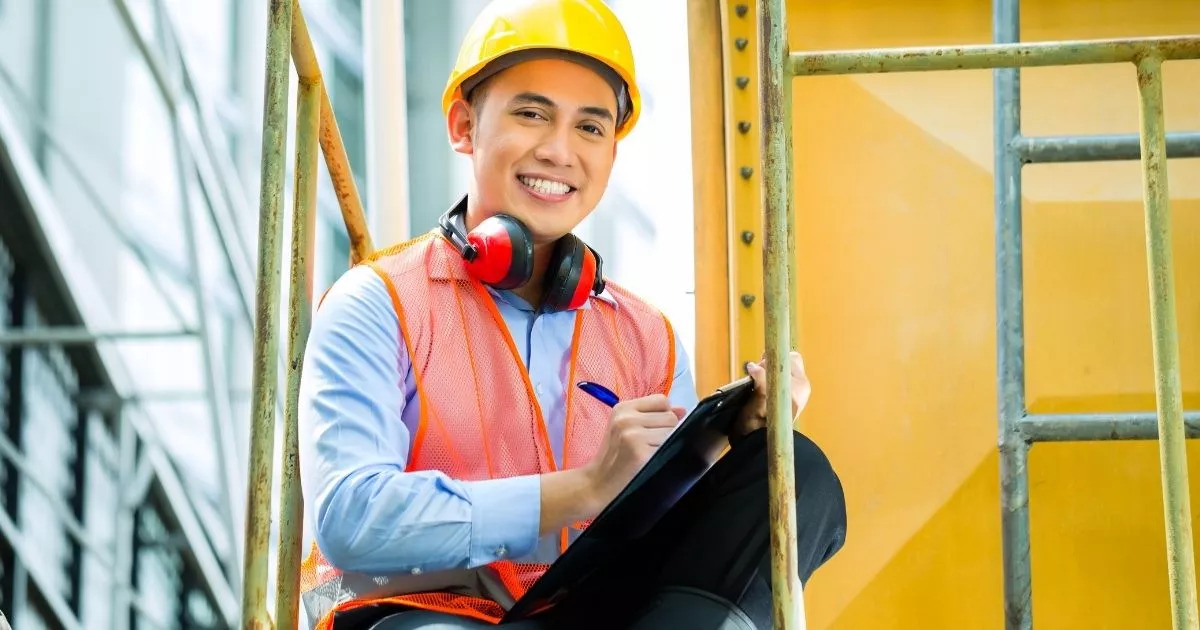

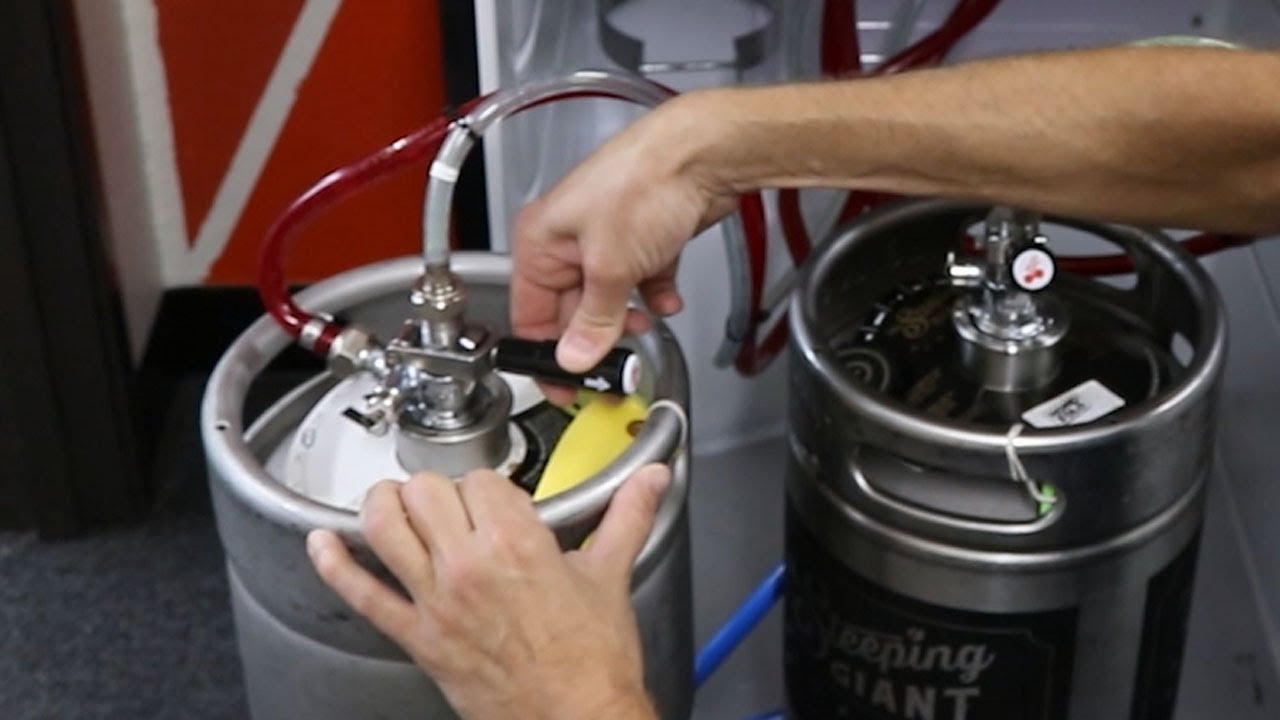


0 thoughts on “What Do You Need To Be A Construction Worker”